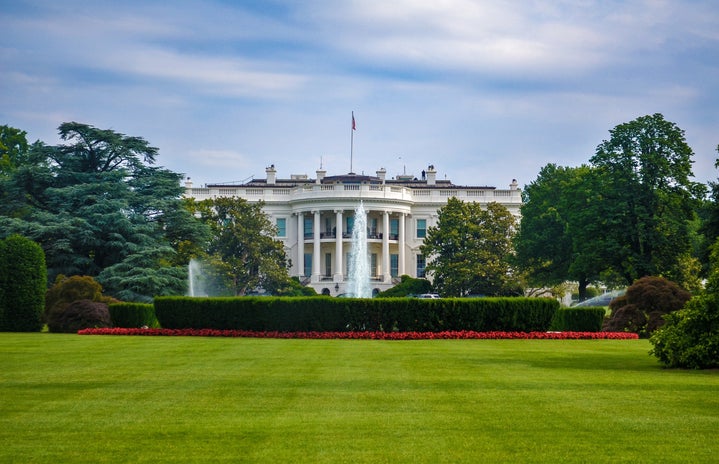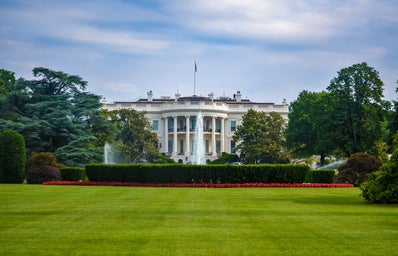After a two-year investigation into the president’s potential collusion with Russia, Robert Mueller has now concluded his findings in a 300-page report. While the full report has not yet been released to the public, Attorney General William Barr has submitted a four-page summary to highlight the main points.
One of the most important points of the summary is that President Donald Trump has now been cleared from allegations of collusion. The report states that there were two forms of Russian interference in the election: a Russian organization known as the Internet Research Agency (IRA) and the Kremlin (the Russian government itself). While the IRA aided in providing misinformation and fabricating political articles online, the Kremlin assisted in hacking American governmental computers, much like when Hillary Clinton’s private emails were brought into the public eye. Although Russian organizations and governmental forces did use online tactics to persuade the American public, it was reported that “the Special Counsel did not find that the Trump campaign, or anyone associated with it, conspired or coordinated with the Russian government in these efforts, despite multiple offers from Russian-affiliated individuals to assist the Trump campaign.”
The next question tackled by the summary was whether the president committed obstruction of justice. Whether the president committed obstruction of justice by purposely misleading or hindering the investigation is still up for debate, as “the report sets out evidence on both sides of the question and leaves unresolved what the Special Counsel views as ‘difficult issues’ of law and fact concerning whether the President’s actions and intent could be viewed as obstruction.” Given all the possible evidence examined between multiple lawyers, it has still been difficult to form an exact answer on whether some of the president’s previous actions could be considered an obstruction of justice. The president has repeatedly referred to this investigation as a “witch hunt,” which has undermined the credibility of Mueller’s findings and could, in some cases, be considered an obstruction of justice.
The report also states: “While this report does not conclude that the President committed a crime, it also does not exonerate him.” This is a statement that has made many, especially House Democrats, very interested in seeing the full 300-page report rather than accept Barr’s 4-page summary. If the president is not exonerated from obstruction of justice and yet did not commit a crime, what does this finding actually mean? A lack of exoneration would suggest that there is something more to discover about the president’s or his associates’ activities.
In regard to obstruction of justice, Rod Rosenstein, in addition to William Barr, has power as Deputy Attorney General to determine what would constitute an obstruction of justice. As found in the report: “Deputy Attorney General Rod Rosenstein and I have concluded that the evidence developed during the Special Counsel’s investigation is not sufficient to establish that the President committed an obstruction-of-justice offense.” Although it is up to Congress to bring the president up on obstruction charges, if the case makes it to Congress, Barr has an interesting recent past concerning his position on Mueller’s obstruction theory. As reported by the Washington Post, Barr, as a private citizen, published a 19-page memo in June 2018 denouncing the obstruction theory he believed Mueller was pursuing. There is much speculation as to what Barr’s dismissal of Mueller’s theories and findings could mean for the credibility of his four-page summary, which furthers the argument for the public release of the 300-page report.
Courtesy: Inside Sources
Although many citizens and government officials alike are hopeful the full report will bring to light more major conclusions, the report, if released publicly at all, will be realistically redacted and censored before release.



